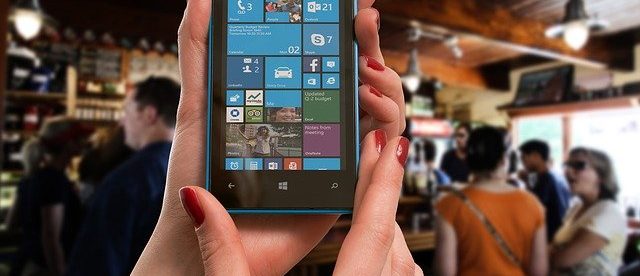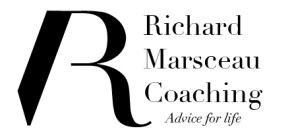Life on Screen

Privacy concerns, legal issues, accountability of both citizens and the police are front line issues currently in the use of body cameras by our public safety officials. Finding answers and establishing public policy is essential as we adjust to a video world in the public square.
Pictures of what appears to be racist-induced brutality by some of our local law enforcement officials have filled our screens. The reality of video accountability is a fact of life today and is bringing, and will bring, profound changes to law enforcement tactics.
But absent from the discussion is the changes this all will bring to human behavior. Or will it?? Several observations to consider:
First, we need to recognize that the actions captured on a video do not reflect the context of the incident. We do not often hear the words spoken, the actions before the camera was turned on, or the facts surrounding the incident. As citizens we are tempted to play judge and jury based on what our eyes alone tell us. This instant judgment does not lead to unbiased results for any person(s) involved in the incident. Quick judgment is not good justice.
Secondly, the camera reveals dumb or criminal behavior of the moment. It does not necessarily reflect the overall character of the persons involved. Stresses of life, the influence of drugs, or just plain unthinking behavior can be caught on camera. Who wants to be labeled for life by one such incident? This is the power of vision on our brain as we formulate opinions. It is at once unfair and can be life-changing for the one caught behaving badly on camera.
Finally, consider the intentional human response to being on camera or the thought that we will be on camera. We will perform. We will be good. We will not truly be real. When the camera is on we act differently. There is something about being seen on screen that leads us to preen, show our best side, say the right things…presenting ourselves for the camera.
It is my contention that yes, while the camera can catch us behaving badly, the new video reality will become the ultimate PC. By that I mean, it will drive our true natures underground, off camera and not really change who we are in our inner most being. We will just act and speak more carefully in public.
Take the example of race in our culture. The camera is revealing men and women of all races behaving in ways that show that racism is sadly alive and well. Why are we surprised by this? The human heart is naturally fearful of someone not like us. Real or imagined prejudices lurk in many human encounters. It is the human condition, one acquired by entering this world. Our first cry was need for attention and the priority of self is the drive we must control. Our parents did not have to teach us to be bad. We come by that naturally. The job of all good parents is to teach us to be good in its widest sense, to respect people who are different than us, love justice and mercy, and live humbly.
It is why the quest for a better human condition is a spiritual one. The words and life of the Reverend Martin Luther King, Jr. still resonant today. “I look to a day when people will not be judged by the color of their skin, but by the content of their character.”
The camera will not create character. The camera will reveal characters behaving good and bad. But the camera will not see the heart. Only the One who is Divine sees the heart. And He will ultimately bring justice…. or mercy. It all depends on our acceptance of Him as impartial judge. For me, I will throw myself at the feet of this Judge. The One who asks us to live and reflect His character: love justice in a upside down world, merciful to all, and live with humility in a world that lifts up ME.

Leave a comment